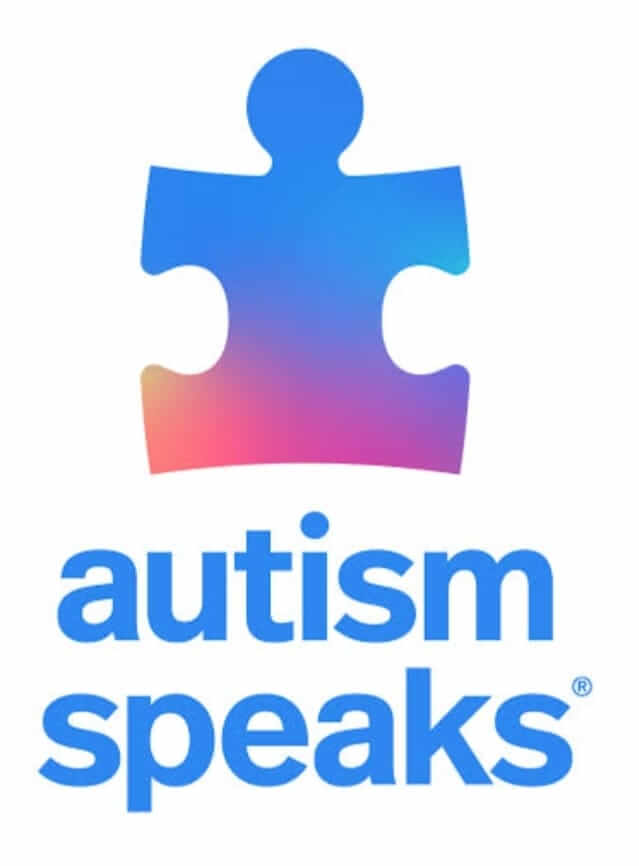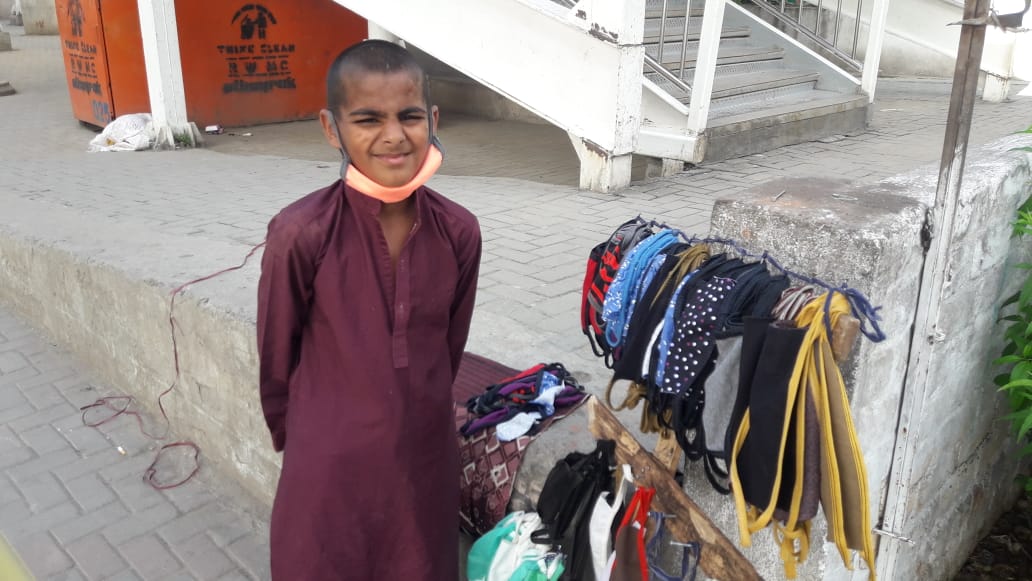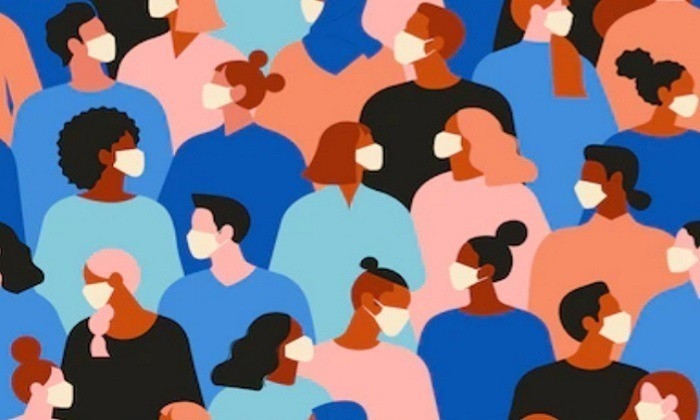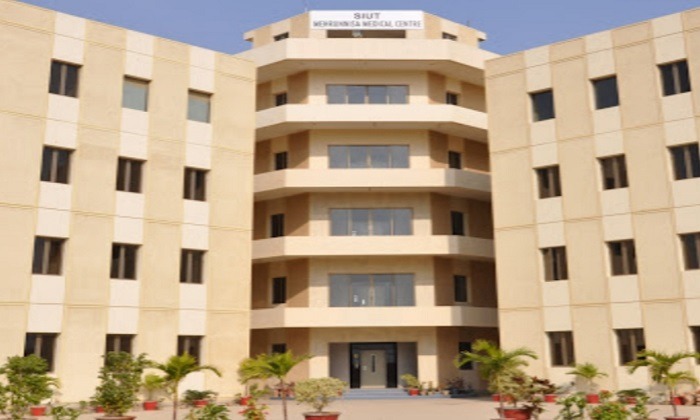Pak Chronicle Web Desk
Autism Speaks Miami is the Miami chapter of Autism Speaks, a non-profit organization (NGO) which is dedicated to promoting solutions, across the spectrum and throughout the life span, for the needs of individuals with autism and their families.
Autism Speaks Miami works to raise awareness about autism, fund research into the causes, prevention, and treatment of autism, and advocate for the needs of individuals with autism and their families.
Autism Speaks Miami hosts a variety of events and initiatives throughout the year, such as walks, galas, and conferences, to support its mission.
These events provide opportunities for individuals with autism and their families to connect with each other, raise awareness about autism in the local community, and fundraise for research and advocacy efforts.
If you are interested in getting involved with Autism Speaks Miami, you can visit their website or social media pages to learn more about upcoming events and volunteer opportunities. You can also make a donation to support their efforts in improving the lives of individuals with autism and their families.
Autism Speak
Autism Speaks is a non-profit organization that advocates for individuals with autism spectrum disorder (ASD) and their families. The organization was founded in 2005 by Bob and Suzanne Wright, grandparents of a child with autism.
Autism Speaks aims to raise awareness about ASD and provide resources and support for individuals with autism and their families. The organization focuses on advocacy, research, and support, and provides a variety of services such as educational resources, family services, and fundraising events.
However, it is worth noting that Autism Speaks has faced criticism in the past for its language and approach towards autism, and some members of the autism community have expressed concerns about the organization’s focus on finding a cure for autism rather than accepting and supporting those with autism. In recent years, the organization has taken steps to address these criticisms and work towards a more inclusive approach.
Autism
Autism Spectrum Disorder (ASD) is a complex neurodevelopmental condition that affects communication, social interaction, and behavior. It is a lifelong condition that can affect people of all races, genders, and socioeconomic backgrounds. According to the Centers for Disease Control and Prevention (CDC), autism affects approximately 1 in 54 children in the United States.
The symptoms of autism can vary greatly from person to person. However, common signs of autism include delayed or impaired communication skills, difficulty in social interactions and forming relationships, and repetitive behaviors or interests. Other symptoms may include sensory sensitivities, problems with executive functioning, and difficulty with changes in routine.
The cause of autism is not fully understood, but research suggests that a combination of genetic and environmental factors may be involved. Some studies suggest that certain genes may be responsible for the development of autism, while other studies suggest that environmental factors, such as exposure to toxins, may play a role. However, the exact causes of autism are still not fully understood.
There is no known cure for autism, but early intervention and therapy can greatly improve outcomes. Early intervention can include therapies such as Applied Behavioral Analysis (ABA), Speech and Language Therapy, Occupational Therapy, and Social Skills Training. These therapies can help children with autism develop communication and social skills, as well as improve their behavior and reduce the severity of their symptoms.
It is important to note that people with autism have unique strengths and abilities, and it is important to focus on these strengths rather than solely on their challenges. Many people with autism have exceptional skills in areas such as music, art, math, and science. These strengths should be recognized and nurtured to help individuals with autism achieve their full potential.
Unfortunately, despite increasing awareness and understanding of autism, individuals with autism still face significant challenges. They may experience bullying, discrimination, and social isolation. It is important to promote acceptance and inclusion of individuals with autism in all aspects of life, including education, employment, and social activities.
In conclusion, autism is a complex neurodevelopmental disorder that affects communication, social interaction, and behavior. It is a lifelong condition that can have a significant impact on individuals and their families. Early intervention and therapy can greatly improve outcomes, and it is important to recognize and nurture the unique strengths and abilities of individuals with autism. Furthermore, it is essential to promote acceptance and inclusion of individuals with autism in all aspects of life to ensure they have the same opportunities and experiences as their neurotypical peers.
Ends
Does your company want to support Autism Speaks? Interested in having marketing opportunities at our upcoming events? We invite you to become a sponsor! Please contact Angelica Ramcharran at miamiwalk@autismspeaks.org with interest and we’ll share ideas! pic.twitter.com/j497DgWpvN
— Autism Speaks Miami (@AutismSpeaksMIA) May 24, 2018



